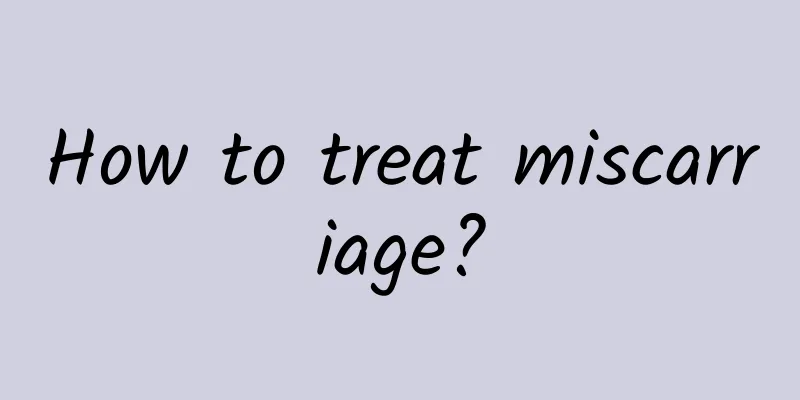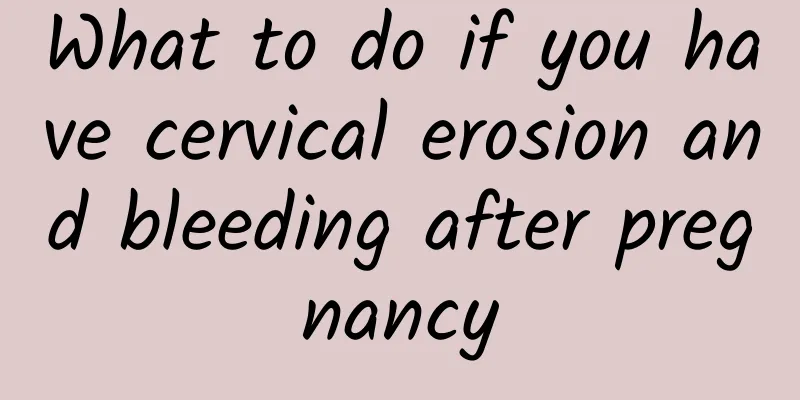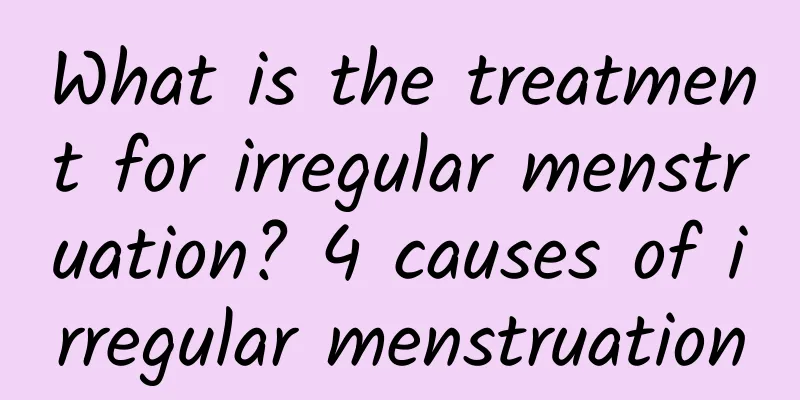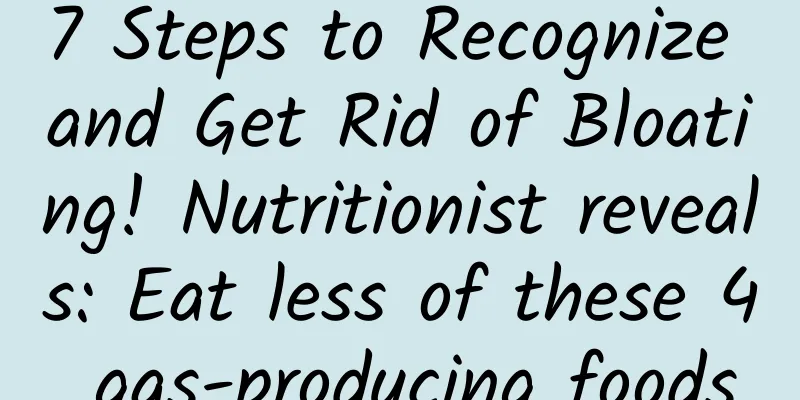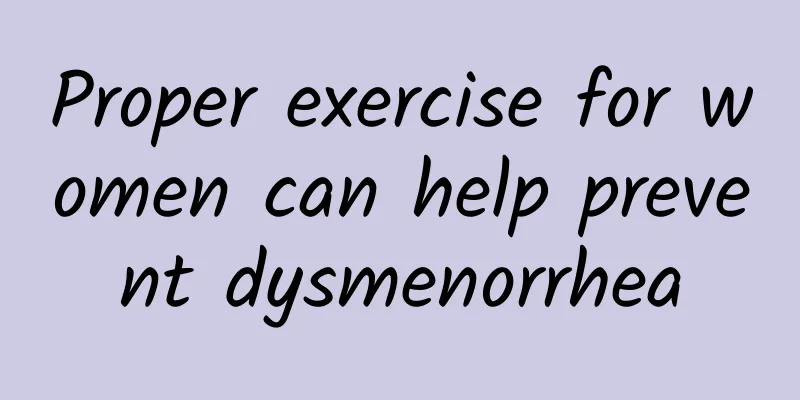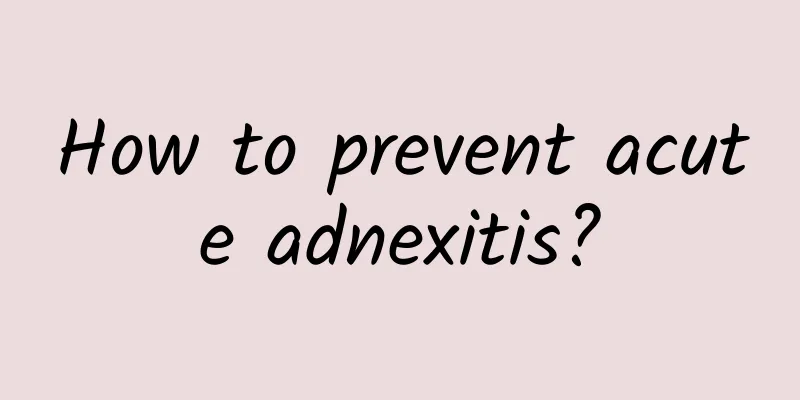Do you have a food addiction? 4 types of self-tests
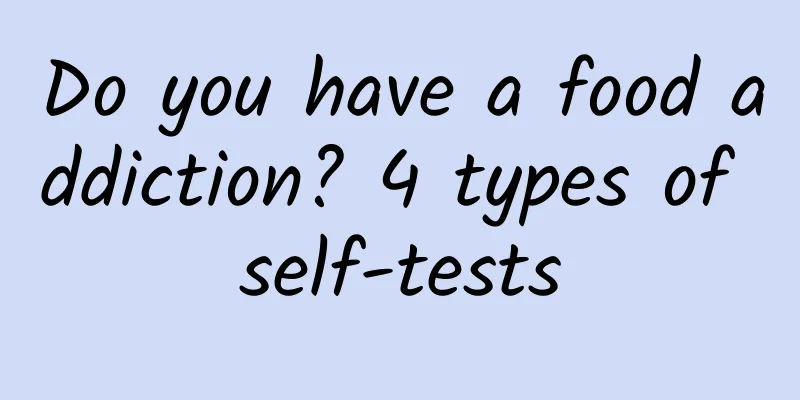
|
[Types of food addiction ① Compulsive type] People with compulsive food addiction think about eating throughout the day, especially at night. Even if you try to get rid of food or the act of eating, you can’t easily focus on other things. This obsession with food should be viewed as a serotonin problem. Serotonin is a neurotransmitter associated with calmness, peace, and positive thinking. People who feel uneasy, pessimistic, and have negative thoughts all have low serotonin levels. When serotonin levels continue to remain at a low level, it can cause sleep disorders, migraines, and may also lead to depression. What behaviors might occur in compulsive food addiction related to serotonin? Please review the items in the table below. Do I Have a Compulsive Food Addiction? □I know exactly how much I weigh or I use a scale nearly every day. □ Eat the same food for at least one meal every day. □If I can’t eat according to the menu I decide, I will become uneasy. □I think it is important to eat at specific places that have been selected in advance whenever possible. □Almost completely avoid eating foods of certain colors. □When eating, I calculate the calories of the food while eating. □When cooking, I measure the weight of the ingredients carefully. □If I don’t exercise on the day I’ve decided to exercise, I’ll become restless. □If you eat food that you have decided not to eat, you will choose not to eat the next meal, or increase the amount of exercise to twice the usual amount. If you meet three or more of the above criteria, you are at risk of compulsive food addiction. If you meet five or more of the above criteria, it is necessary to seek professional advice. Recommendations People who are obsessive-compulsive have a strong obsession with food and food intake, so it is difficult for them to think about other things. Because the impulsive reaction when facing stimulus cues has formed one or two fixed types of conditioned reflexes, the sensitivity of thinking is weakened, making it difficult to take other actions. Therefore, what these people need is the ability to think differently to shift their attention elsewhere. If obsessive-compulsive people want to break away from their obsession with weight or calories, they should listen carefully to the messages their bodies send them and develop the habit of eating only when they are hungry. Instead of counting calories, eat a diet that's healthy for your body, and try to convince yourself that you won't gain weight. Among patients with night eating syndrome, who eat more than 50% of their daily food intake at night, there are also many patients with compulsive overeating. Walking can help get rid of the strong desire to eat midnight snacks. Try drinking a glass of water first, then go out for a walk. If your appetite disappears, that's the best. But if you still can't eliminate the hunger, don't be patient. You can drink a glass of warm milk or eat some nuts. [Type of food addiction ② Impulsive type] The most important characteristic of the impulsive type is the inability to control one's own actions, the inability to concentrate on one thing for a long time, and the rapidity with which one will feel bored or annoyed. This type of person often appears in people who have had attention problems since childhood. Symptoms of impulsive food addiction are more common in people who have been exposed to harmful substances for a long time, have suffered brain damage in the past, and suffer from chronic fatigue syndrome. Certain impulsive behaviors are caused by low self-control in the prefrontal cortex and problems with dopamine secretion. Dopamine is a neurotransmitter associated with vitality, pleasure, and happiness. Dopamine levels rise when riding a roller coaster, gambling, or on a romantic date. If you have no interest in anything, feel listless, lack energy, and are easily bored, it is most likely caused by low dopamine levels. The specific behaviors of impulsive food addiction are as follows, let’s take a look at them together. Do I have an impulsive food addiction? □Once you start eating, you will continue eating even if you feel uncomfortable because you are full. □When I see others eating, I will still look for something to eat even if I am not hungry. □Eat faster than others. □Whenever I feel tired and weak, I start looking for coffee, cigarettes, stimulant drinks, etc. □When I feel stressed, I crave greasy food. □If you can’t eat, you won’t be able to concentrate and you won’t be able to do other things because you’ll be thinking about food all the time. □The amount of food other people eat does not make me feel full. □Ever felt guilty or became depressed after eating a lot. □Eat a lot, mainly at dinner time or very late after dinner. If you meet three or more of the above criteria, you are at risk of impulsive food addiction. If you meet five or more of the above criteria, it is necessary to seek expert advice. Recommendations They are impulsive people who cannot control their actions and often tend to overeat. Even if they are not hungry, they will continue to stuff food into their mouths, while rationalizing their behavior by thinking to themselves, "I will start losing weight tomorrow." The activity of the prefrontal cortex of these people is mostly in a low state, and the dopamine concentration is also low. In this case, consuming too much carbohydrates will make the symptoms worse, and taking depression drugs such as Prozac, which can increase serotonin levels, may even make the symptoms worse. On the contrary, appetite suppressants such as phentamine can be helpful in controlling impulsive eating. [Types of food addiction ③ Compulsive + impulsive] People who are classified as compulsive + impulsive food addicts have the compulsive and impulsive characteristics described above. They have lower serotonin and dopamine secretions and less active prefrontal cortex areas. In terms of genetics, it is more common in people whose parents have been alcoholics. They like high-sugar, high-fat foods, especially those that can be quickly eaten in one go, much more than others. If you feel like you can’t stop eating once you start, or you can’t control how much you eat, there’s a high chance that food addiction will develop into binge eating disorder, and you must seek specialized treatment. Since both serotonin and dopamine levels are low, if treatment focuses too much on one aspect, it may make the symptoms worse. Taking serotonin-related antidepressants can reduce compulsive behavior, but impulsive behavior may become more serious; taking dopamine-related drugs may reduce impulsive behavior, but aggravate compulsive behavior. People with obsessive-compulsive and impulsive personalities must follow through on all suggestions. Since this is the primary type of food addiction, it requires some special attention and it is recommended to consult with a specialist. [Type of food addiction ④ Emotional type] The emotional type occurs more often in women than in men. When they feel unmotivated, lonely and depressed, they will still look for something to eat even if they are not hungry. The reason for appetite is not physical hunger or the need for nutrients, but to fill some emotional deficiency, so people turn to food for comfort. People who suffer from depression due to chronic stress are more likely to fall into emotional food addiction. Emotional food addiction is also common in people with seasonal depression, a disorder in which depression begins in the fall and continues throughout the winter, with symptoms improving in the spring. These people have a more active limbic system, a relatively less active prefrontal cortex, and lower serotonin levels. Symptoms become more severe when sunlight and vitamin D are insufficient. For modern people who spend more time indoors, vitamin D is always insufficient. Gradually, more and more people are deficient in vitamin D, and the phenomenon of vitamin D deficiency has become one of the main reasons for the increase in cases of emotional food addiction. The symptoms of emotional food addiction are as follows. Let’s review the following items together. Do I Have an Emotional Food Addiction? □What’s causing trouble in your stomach is not physical hunger, but more often psychological hunger, which is mostly caused by desires due to emptiness or boredom. □Feeling depressed and lonely. □I always feel guilty after eating. □I still can’t feel satisfied even when I’m eating. □When I’m at home, I have to eat something to make myself feel good. □Once you put sweets in your mouth, you can’t control yourself and will eat them all. □Becoming anxious when not being able to eat what you want. □Before eating, I often feel very depressed. □It is difficult to give up drinking sugary coffee or eating sweet foods such as chocolate during the day. If you meet three or more of the above criteria, you are at risk of emotional food addiction. If you meet five or more of the above criteria, it is necessary to seek professional advice. Recommendations When you want to eat something, please try to spend some time thinking about this: Are you really hungry and want to eat? Or do you want to eat because you feel empty? Try drinking a glass of water first, and if that doesn't make you hungry, try eating a light meal. Because emotional food addiction is often accompanied by depression, when depression is more serious, you should first receive depression treatment. If you want to prevent depression in your daily life, you should get enough sun exposure to prevent your body from lacking vitamin D. If necessary, taking vitamin D supplements is also a good choice. Emotional food addiction often develops into binge eating disorder or polyphagia, and taking serotonin-related antidepressants can improve symptoms. In addition, since a good sleep can reduce your appetite during the day, it is also important to ensure the quality of sleep. If you have difficulty falling into a deep sleep, taking sleeping pills is another option. This article is from Crown Culture's "Out of Control Appetite" |
>>: Can you lose weight by calculating food calories? 3 Diet Tips for Losing Weight
Recommend
How much taller can you grow during menstruation? Things to pay attention to during menstruation
A previous survey showed that the development of ...
Eat to develop your natural fat burning power! Rice is a very beneficial food for weight loss
Why do some people only drink "zero-calorie&...
What factors are related to the time of menopause in menopausal women?
Light menstrual flow during menopause is a precur...
How many days can conservative treatment of ectopic pregnancy kill the embryo?
Conservative treatment is adopted for female ecto...
Can I get pregnant with primary amenorrhea?
Whether patients with primary amenorrhea can beco...
What causes lower abdominal pain before menstruation?
Lower abdominal pain before menstruation is often...
Be aware of common complications of ovarian cysts
What are the complications of ovarian cysts? Ovar...
Insufficient dietary fiber sends out an alarm to the intestines! 5 tips for smart supplementation
As the saying goes, "If you have a healthy g...
Choose the treatment method for adnexitis according to the symptoms
Women need to pay more attention to the treatment...
How to diagnose bacterial vaginosis
How to diagnose candidal vaginitis? This is also ...
What is the main cause of cervicitis?
Among gynecological diseases, cervicitis is also ...
Bacterial vaginosis diagnostic indicators
In modern society, most urban female white-collar...
What are the common causes of ectopic pregnancy?
What are the common causes of ectopic pregnancy? ...
KO leg edema! Doing yoga "grinding wheat pose" is very effective
With many consecutive holidays, many people trave...
What should I pay attention to when I have uterine fibroids? What dietary aspects should I pay attention to when I have uterine fibroids?
What should women with uterine fibroids pay atten...

